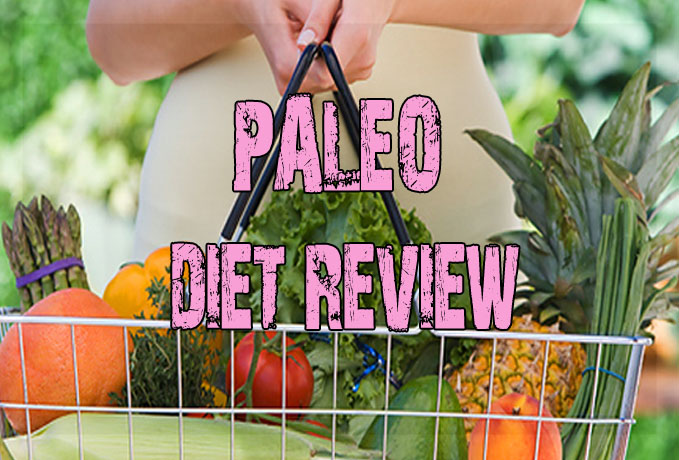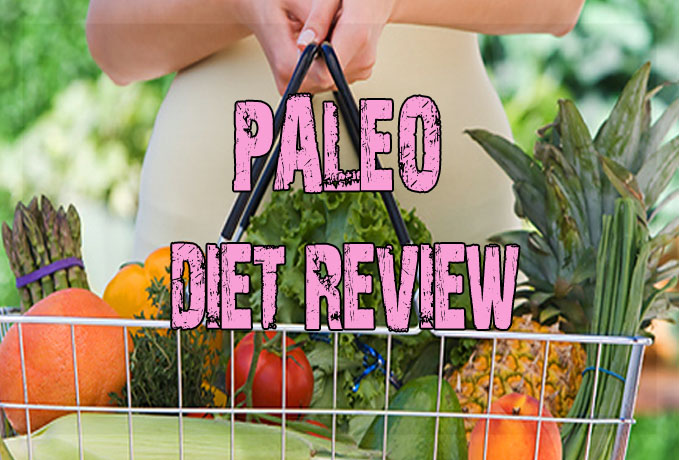
Review of the Paleo Diet- Should you follow the paleo diet?
The paleo diet, or ‘’caveman diet’’, is based on the typical food habits which cavemen of the Paleolithic Period followed. Since they consumed only raw and natural products, free of preservatives and additives, they lead an energetic lifestyle fueled by healthy sources. This is why many health professionals state that only by eating what our ancestors did will we be able to lead longer and healthier lives. This is exactly what the paleo diet aims to revive: an all-natural, healthy food culture.
What May or May Not Be Eaten in the Paleo Diet?
When following a natural dietary plan such as the paleo diet, you’re restricted from eating any junk food or preserved food items. Avoid all canned and sugar-rich products. These can make you more prone to developing diabetes, heart diseases, and obesity. The paleo diet isn’t a tasteless diet either, as it allows you to prepare a variety of dishes with all-natural ingredients.
The paleo diet can be followed by eating a lot of meat and fresh vegetables. The meat and vegetables we consume these days aren’t fresh and raw, however; most are preserved, frozen, or canned. Try to consume only raw and unpreserved food products. Eat meat in sufficient quantities to increase your protein intake.
On the other hand, our usual carbohydrate sources –whole grain products such as wheat in bread, cereals, and rice– aren’t allowed by the paleo diet since grains have damaging effects on the gut lining, immune system and other organs of the body. This drastically reduces our carbohydrate intake and so alternative sources have to be found. Peanuts and sweet potatoes, which are rich in fiber, are also prohibited by the paleo diet plan.
Carbs can be sourced from vegetables. This is useful for people wishing to lose weight while on the paleo diet and for those suffering from digestion-related disorders. The paleo diet hardly has any adverse side-effects, and results show that a significant number of people have benefited from it.
The paleo diet eliminates dairy products such as milk, curds, cheese and yoghurt. These dairy food items are responsible for bone building. The calcium content in them keeps our bones strong and stable. A change in diet –in this case, avoiding milk and its products– may weaken your bones and cause other health problems. For this reason, the paleo diet promotes alternative calcium sources, from fruit and nuts, to ensure a balanced and healthy menu.
Other Benefits of the Paleo Diet
The paleo diet is generally dependent on consuming animal flesh and for this reason it may increase your cholesterol level. It is all the more crucial to study your body before getting into the diet. By following this diet one also attains a number of other benefits – one of them is that the body learns to consume healthy foods and digest more than before.
This is how our ancestors lived. By consuming satiating meals, we become more resistant to infection and health disorders. Maintaining a low-carbohydrate diet can help remove unwanted body fat and reduce weight, as the diet ‘’teaches’’ the body to burn fat instead of carbs.
The paleo diet therefore has its share of pros and cons. Both of them have to be noted and taken into consideration before following this diet. Make sure you’re aware of all its possible side-effects too. You also need to remember that you will have to change the style of cooking you’re used to following now. Strictly following a paleo diet is often said to cause a few health problems, so make sure to adopt it gradually and steadily.
You can even try it first by eating paleo bars and snacks just to find out if the diet is good for you. Besides, not everyone would benefit from the paleo diet in the same way, so if you have existing health disorders, consult your physician first before making the switch to paleo.



0 comments on “Review of the Paleo Diet- Should you follow the paleo diet?”